Thousands of flights were canceled this weekend after federal restrictions on flying were put in place at the nation's busiest airports. The Federal Aviation Administration required airlines to cut flights by 4 percent at 40 busy airports starting on Friday, citing the need to improve safety and relieve pressure on air traffic controllers who have worked without pay since the federal government shutdown began last month. At one point on Saturday, 18 out of 22 controllers in Atlanta did not show up to work, Transportation Secretary Sean Duffy said in an interview on CNN's State of the Union.
The restrictions are expected to grow in the coming days, threatening to wreak further havoc for airlines and travelers as Thanksgiving approaches. Airlines tried to weather the restrictions throughout the weekend by making surgical cuts, but managing the disruption was difficult and will become harder as the restrictions rise throughout the coming week to 10 percent by this Friday and possibly even higher. According to Transportation Secretary Sean Duffy, "It's only going to get worse. I'd look to the two weeks before Thanksgiving, you're going to see air travel be reduced to a trickle."
The federal government shutdown, which began last month, has left air traffic controllers without pay, leading to a significant shortage of staff. The FAA has been forced to implement the flight restrictions to ensure the safety of air travel. The agency has been working to mitigate the impact of the shutdown on air travel, but the situation remains dire. "We're doing everything we can to minimize the disruption, but it's a challenging situation," said an FAA spokesperson.
The implications of the flight restrictions are far-reaching, affecting not only airlines and travelers but also the broader economy. The restrictions are expected to have a significant impact on the holiday travel season, with many travelers planning to take to the skies in the coming weeks. The situation is also raising concerns about the potential for widespread disruptions to air travel, which could have significant economic and social consequences.
As the situation continues to unfold, airlines and travelers are bracing for the worst. The restrictions are expected to continue to grow in the coming days, with the FAA potentially imposing even stricter limits on air travel. The situation is a stark reminder of the importance of the federal government's role in ensuring the safety and efficiency of air travel. As Transportation Secretary Sean Duffy noted, "This is a critical time for our nation's air travel system, and we're doing everything we can to mitigate the impact of the shutdown."
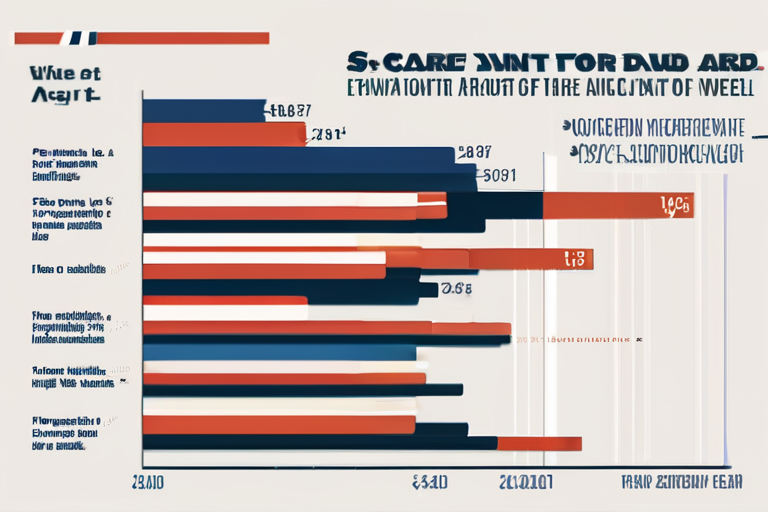

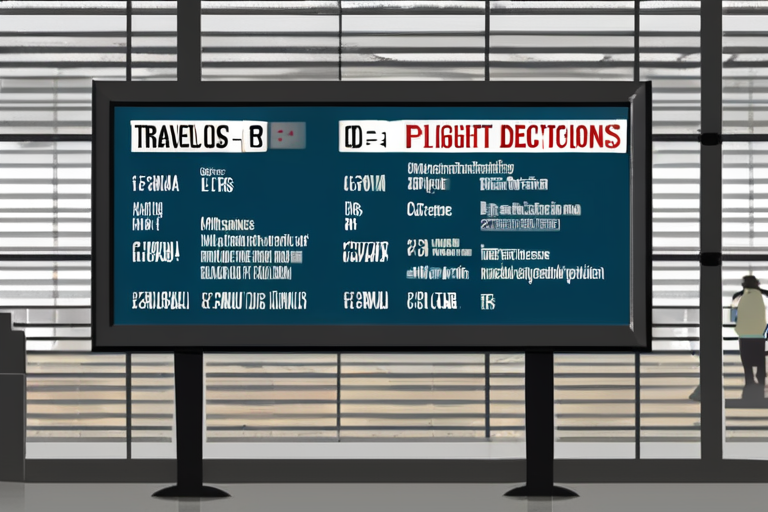
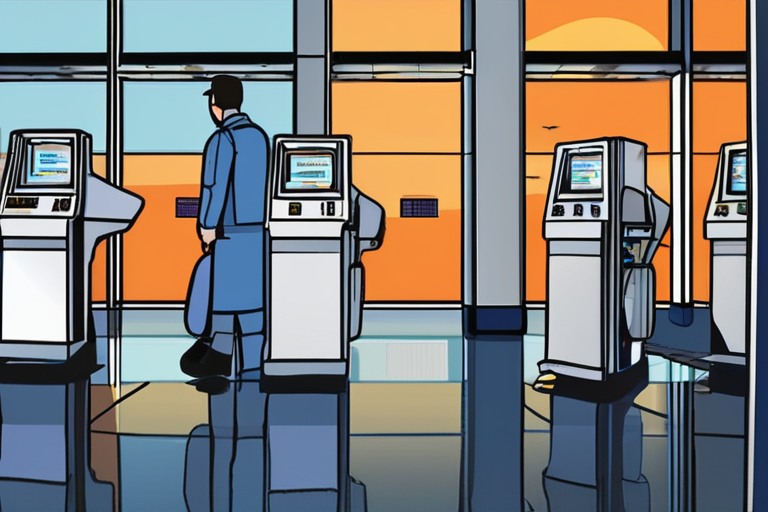

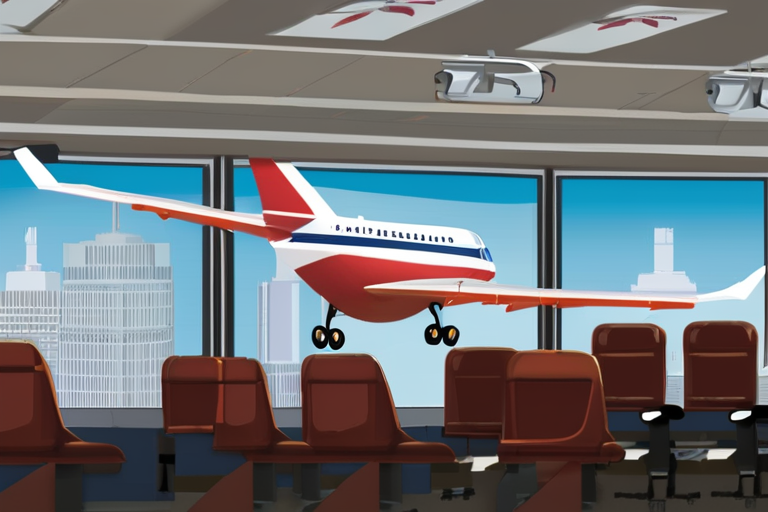
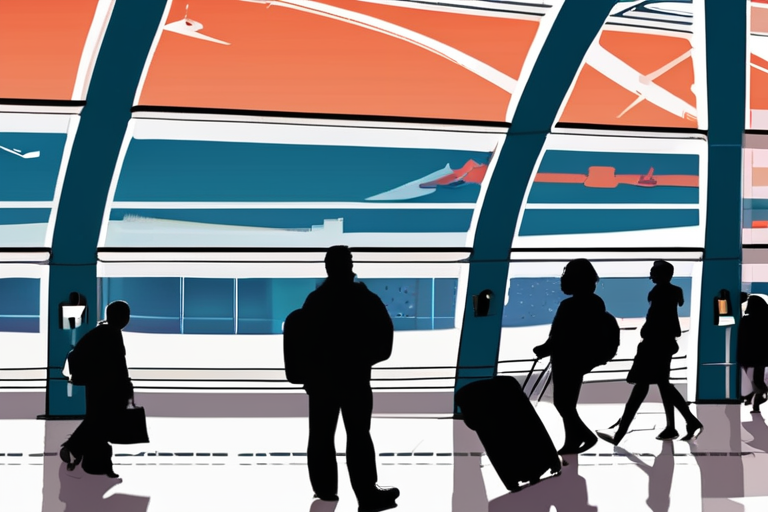
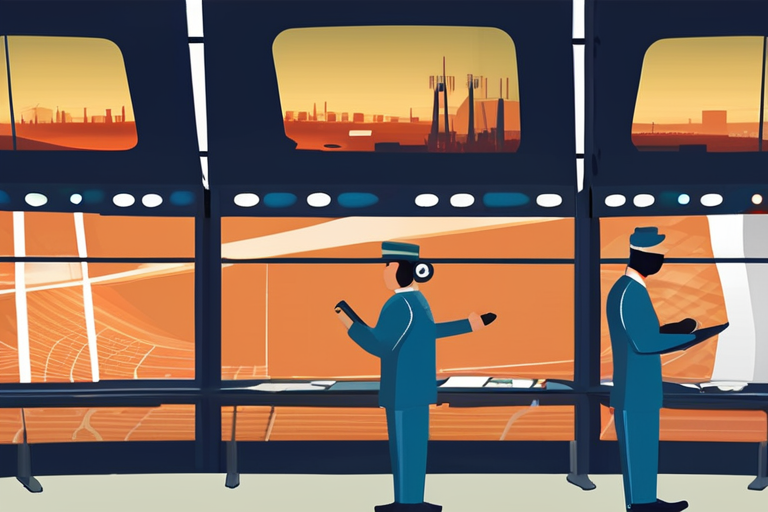
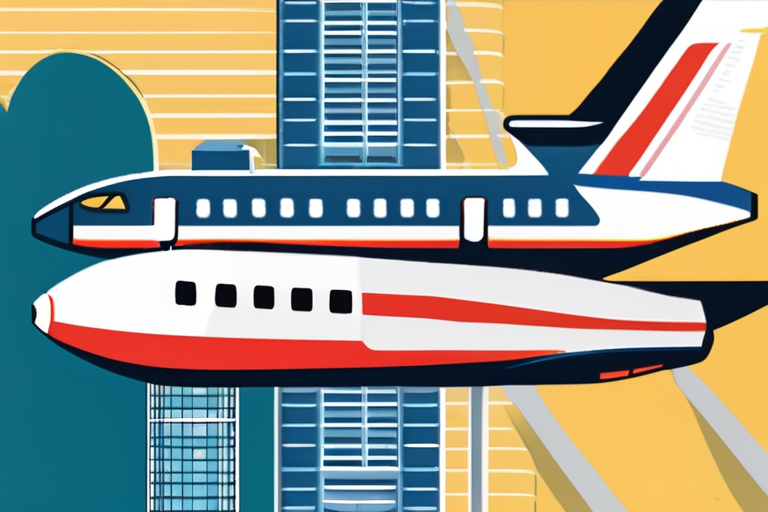
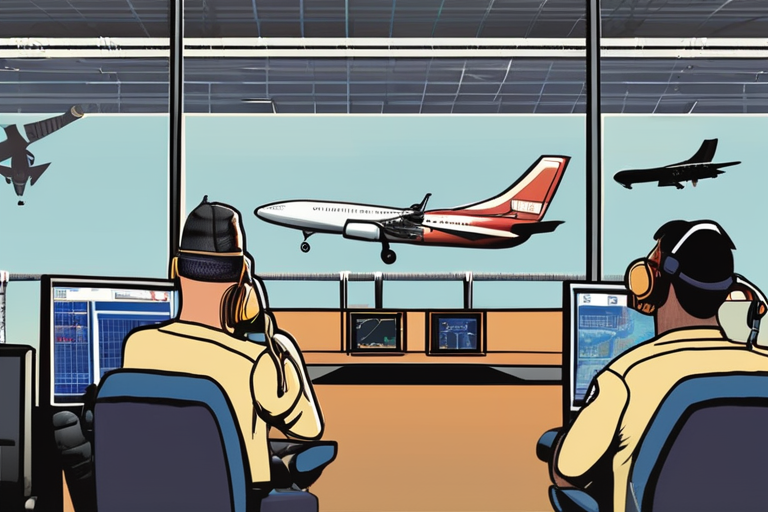
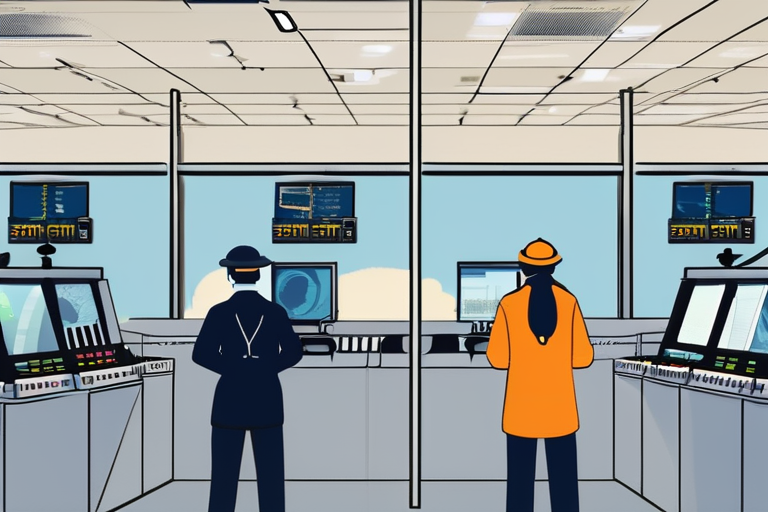

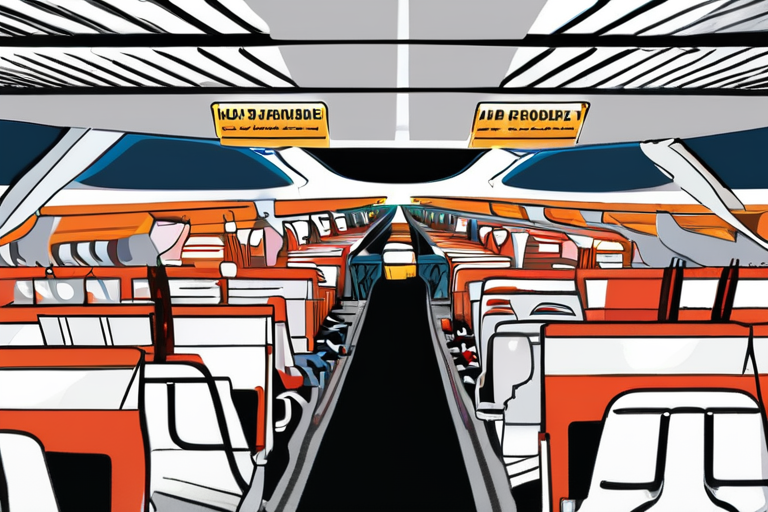
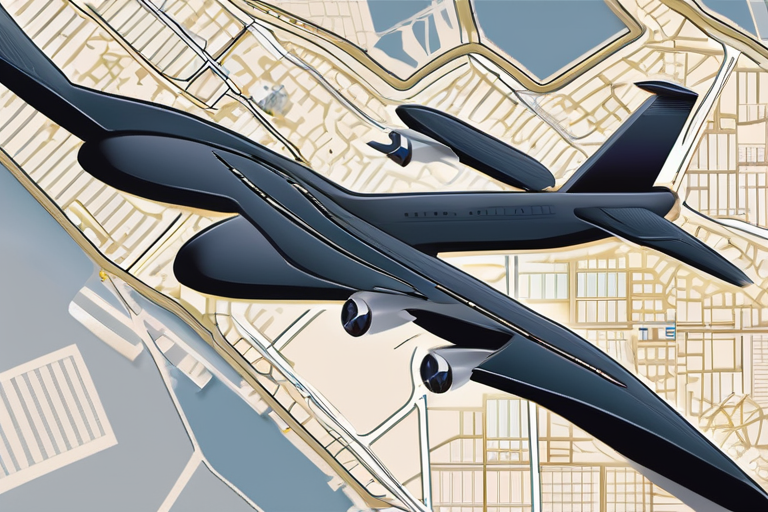
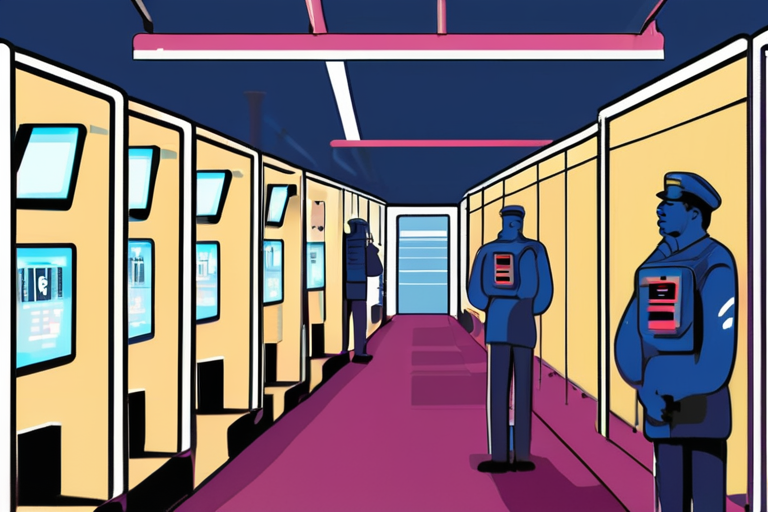
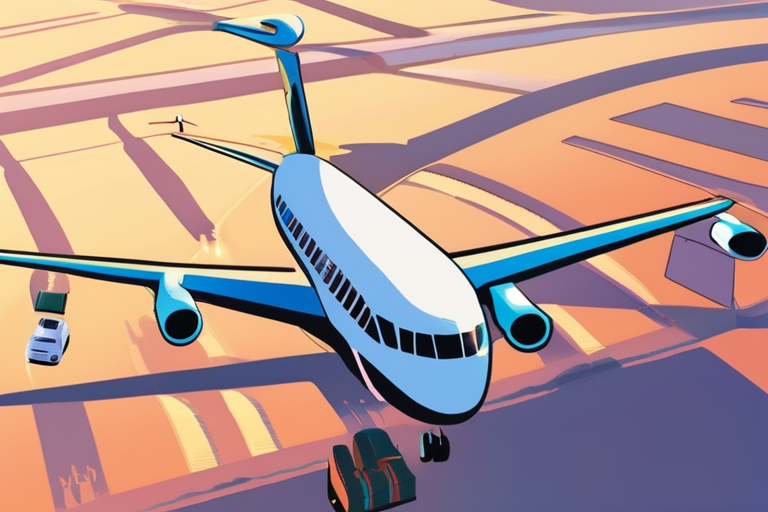

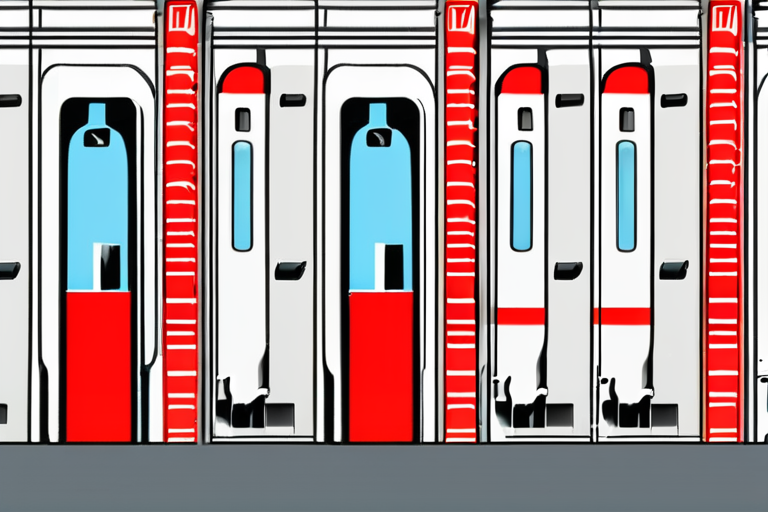
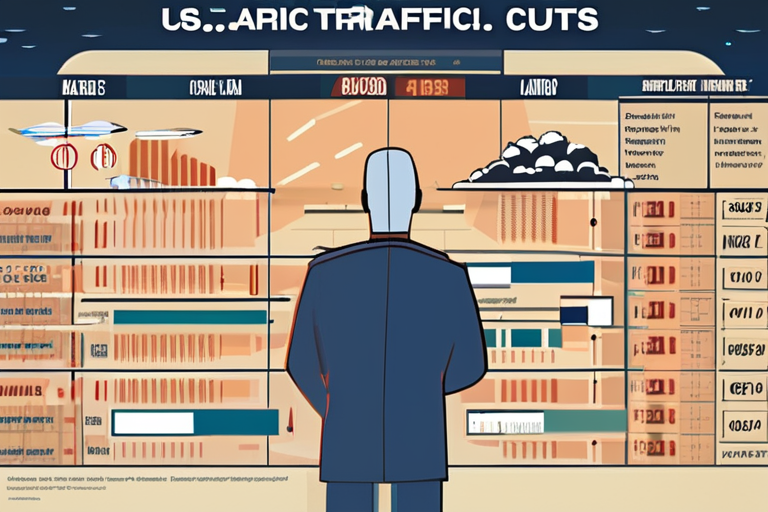

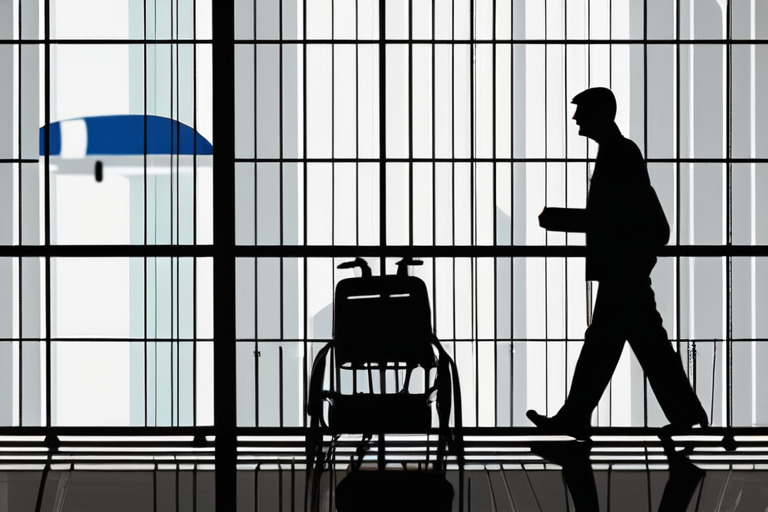
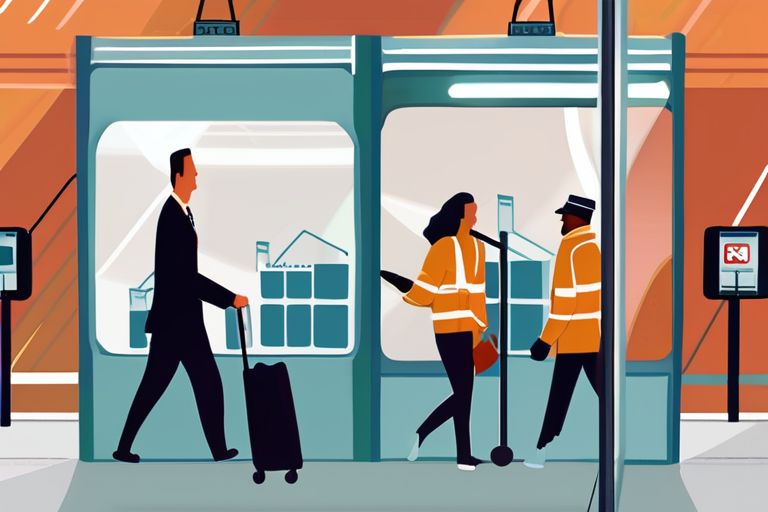
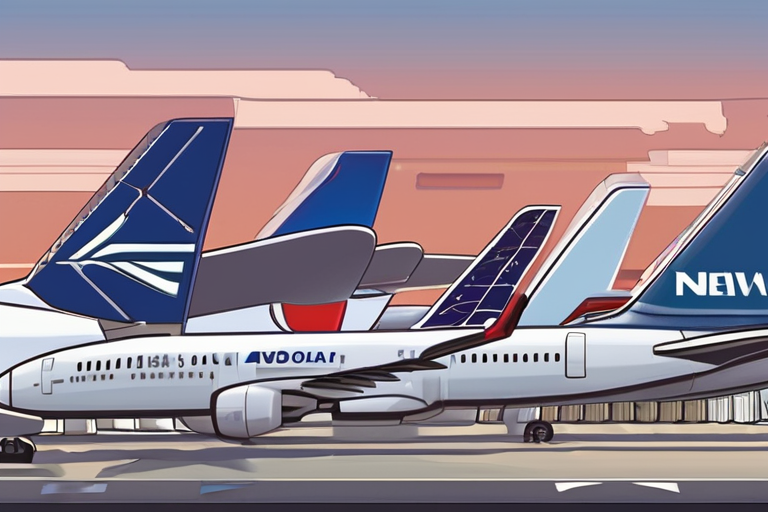
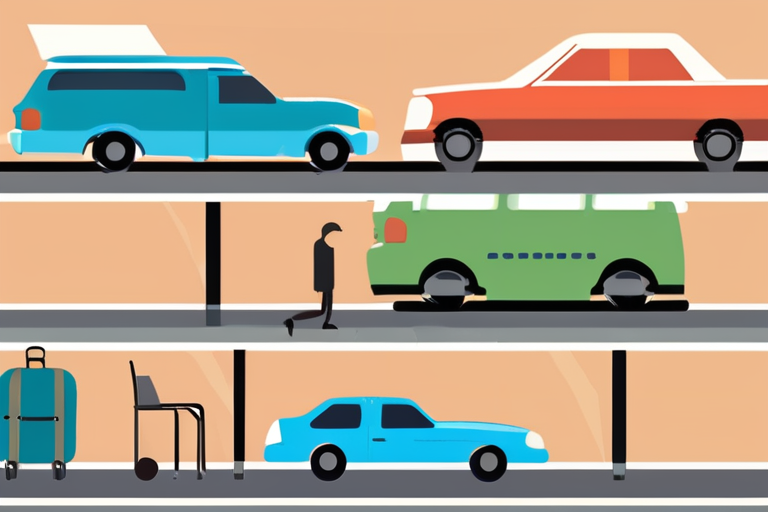
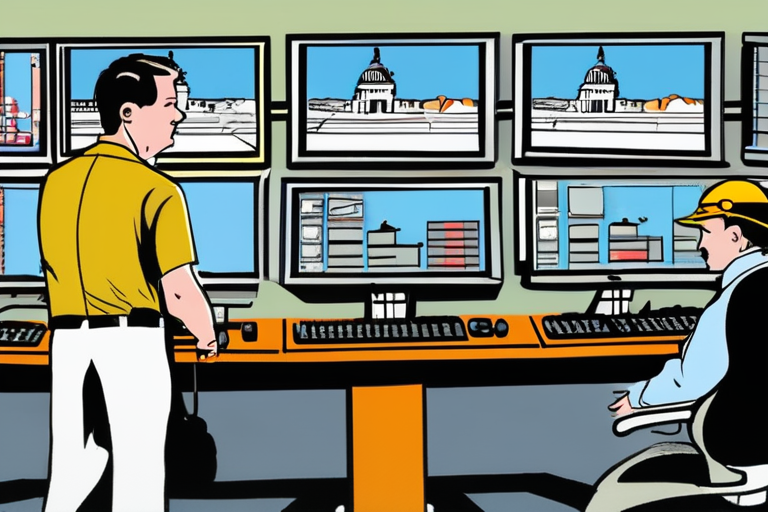
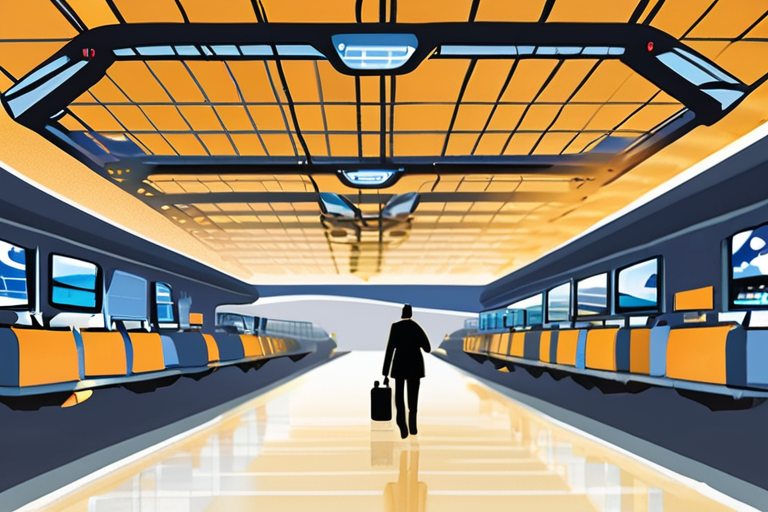
Share & Engage Share
Share this article